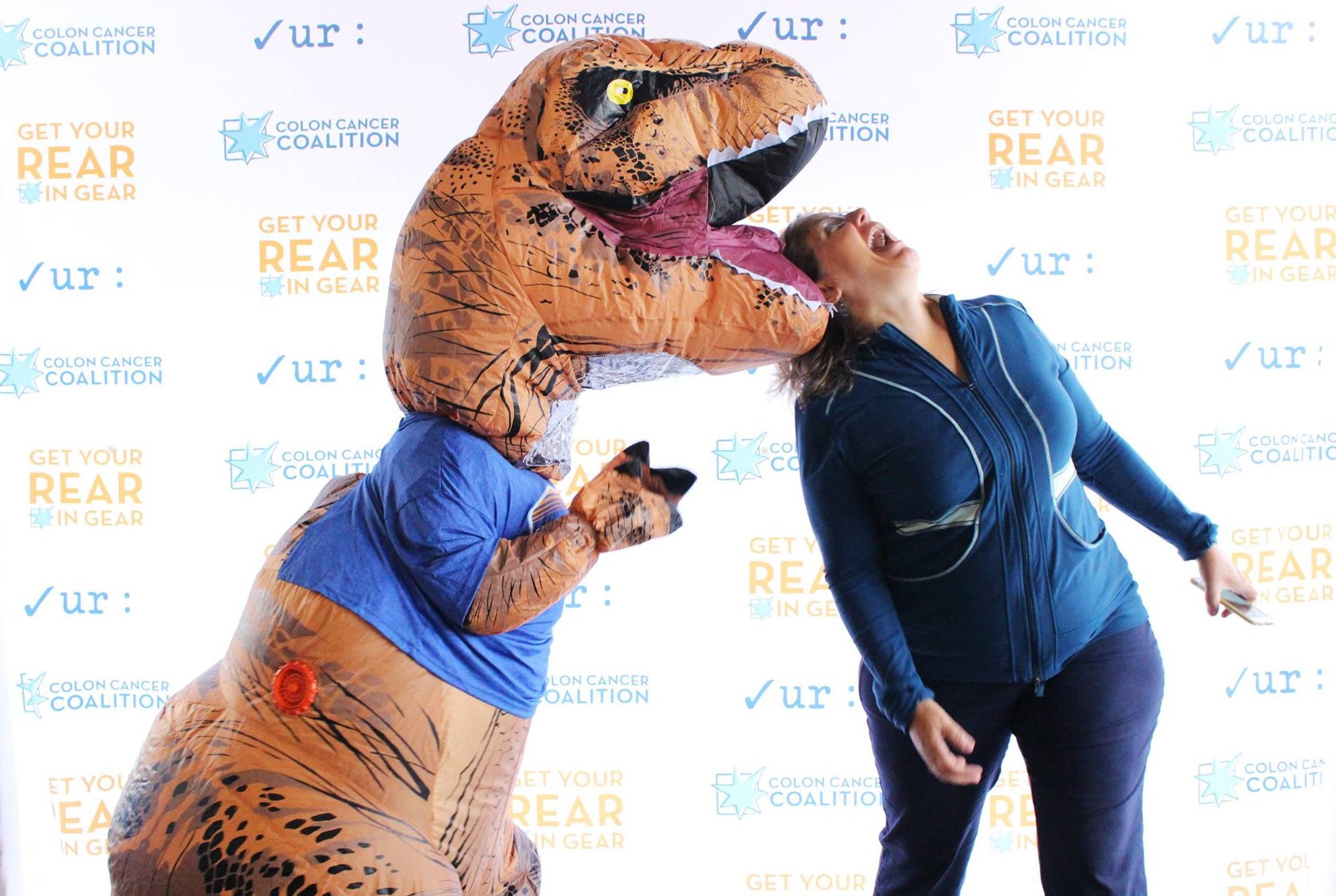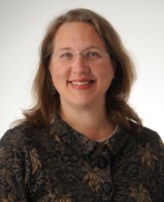
Guest Blog by Barb Kunz, LGC
Today is Rare Disease Day – a day to call attention to the needs of the many people worldwide who have rare diseases. In the US, rare diseases are defined as diseases that affect fewer than 200,000 people. It turns out that rare diseases are not so rare: there are now 7,000 known rare diseases & disorders that affect 30 million Americans. That is 1 in 10 of us!
Together with National Organization of Rare Diseases (NORD), we can use this day to raise global awareness about rare diseases and their impact on peoples’ lives. Individuals with rare diseases often have serious symptoms and medical problems that are difficult to diagnose. Diagnosis delays can mean lost opportunities for treatment, and sometimes years of frustration before a diagnosis is made. Individuals with rare diseases have a hard time getting information about their condition, finding the right medical care, and often feel alone and isolated.

Dylan, the DNA Dog
Fortunately, there has been real progress in the diagnosis and treatment of rare diseases through new medical discoveries. Rapid growth of genomic testing has been a big win for identifying more rare diseases that are due to genetic causes. Whole exome and genome testing has become more common, especially for undiagnosed children, often cutting years off of a search for a diagnosis. As a result, new rare diseases are being found every year. Understanding these underlying causes, is leading to new treatment strategies for some of these diseases.
Social media and advocacy organizations are changing connectivity, collaborations, and the direction of research. Even individuals with very rare diseases are finding others who have the same condition and increasing knowledge about diseases. Advocacy organizations are collaborating with researchers to improve research opportunities, engage participants for studies, and move knowledge forward. These collaborations have changed the way research is done, with researchers and participants working together as partners.
Very large studies are needed if we want to further unravel the causes of rare and common diseases and personalize medical care. A very large research effort, through the National Institutes of Health, called AllofUs, is starting voluntary enrollment later this year, with the goal of enrolling over 1 million participants as partners in a research program “to accelerate health research and medical breakthroughs, enabling individualized prevention, treatment, and care for all of us”. Thousands of research studies will be done to understand everything from genetic and non-genetic influences on health to medication responses. Plans include returning results to participants. Learn more about joining at www.joinallofus.org.
Rare diseases have often been ignored because the impacting result was thought to be too small with limited tools and resources. This is still a roadblock I run into as I advocate for more focus on hereditary cancers. By partnering with the Colon Cancer Coalition, researchers, and other organizations, we can all help move knowledge forward to decrease the burden of colon cancer and other diseases. We are not alone – focusing on rare diseases matters.
 Barb Kunz, LGC is a cancer genetic counselor and advocate, living in the Twin Cities. She is currently working as a private consultant, public speaker, and storyteller through her business Tree Ring Family Genetics.
Barb Kunz, LGC is a cancer genetic counselor and advocate, living in the Twin Cities. She is currently working as a private consultant, public speaker, and storyteller through her business Tree Ring Family Genetics.
#rarediseaseday
#showyourrare
#coloncancercoalition
#gyrig
Sources:
http://www.rarediseaseday.us
https://allofus.nih.gov
https://rarediseases.org/

[…] post Taming the Rare appeared first on Colon Cancer […]